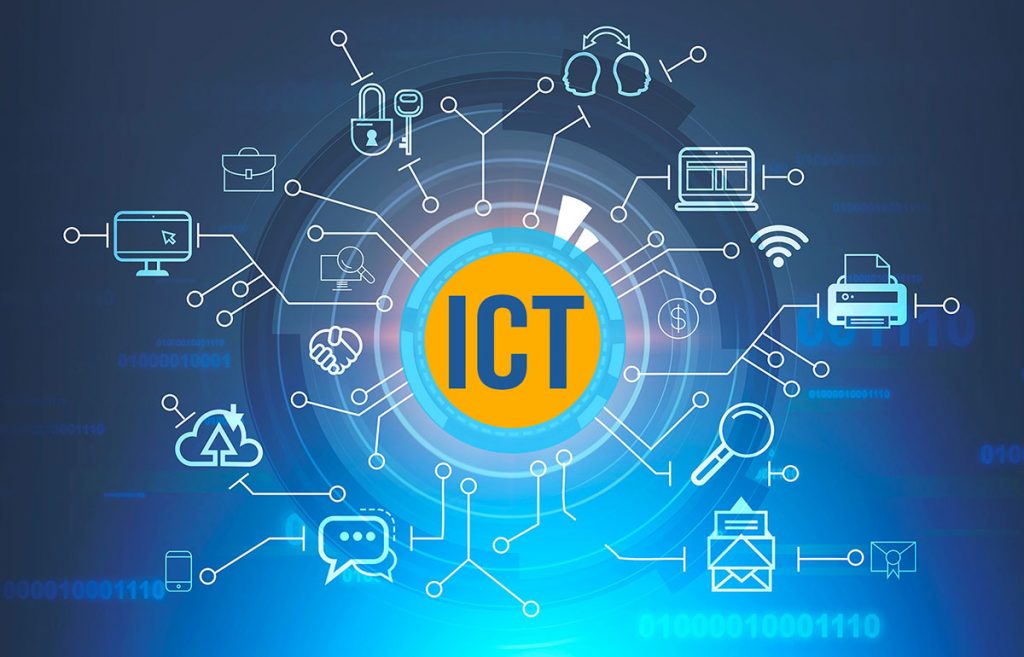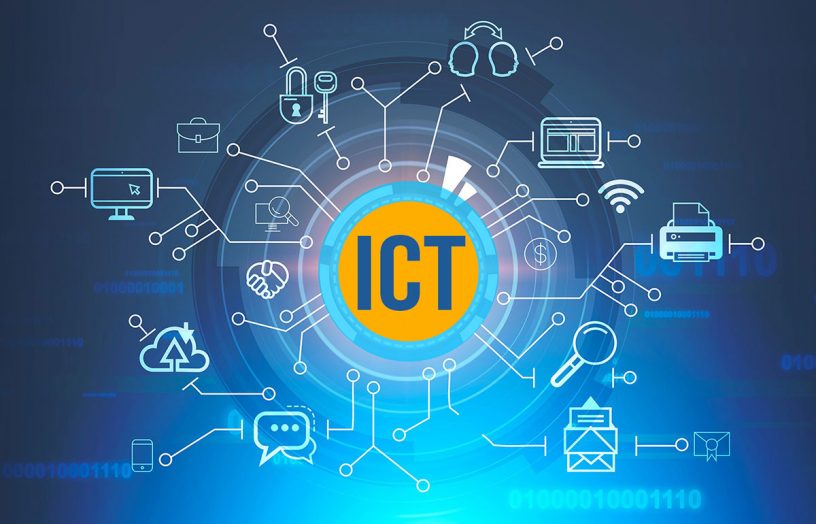
This research can help people better understand the ICT-driven factors in managing resources, reducing waste, and improving cost.
Authors
Sachin Kumar Mangla, Assistant Professor, Jindal Global Business School, O.P. Jindal University, Sonipat, Haryana, India; Visiting Research Fellow, Plymouth Business School, University of Plymouth, United Kingdom.
Surbhi Uniyal, Graphic Era University, Dehradun, Uttarakhand, India.
Pappu R. S. Sarma, Production and Operations Management, Indian Institute of Management, Visakhapatnam, Andhra Pradesh, India.
Ming-Lang Tseng, Institute of Innovation and Circular Economy, Asia University, Taichung, Taiwan.
Pravin Patil, Graphic Era University, Dehradun, Uttarakhand, India.
Summary
The significance of sustainability is continually expanding among researchers, policymakers, and decision makers. To improve the efficiency of value chain activities such as manufacturing, distribution, and consumption, an innovative research solution has been proposed: ‘Sustainable Consumption and Production (SCP) through Information and Communication Technology (ICT)’.
Sustainability through ICT is significant for the industry in terms of its sustainable effects on production processes, environment, and community. This research seeks to gauge ICT—as knowledge management—for industries in the successful adoption and execution of SCP. In so doing, potential key ICT-based factors to SCP are identified from the literature and experts’ feedback.
The present work suggests a decision framework for assessing the interrelationships among and between the ICT oriented factors by utilizing graph theory and matrix approach. Data for this work derives from three automotive companies operating in India. From findings, ‘Governance and Management’, is the topmost factor for the adoption of sustainable consumption and production in value chains.
The relationship among the index values is further evaluated using Spearman’s rank correlation coefficient.
This research can facilitate practitioners, government agencies, and customers for a better understanding of ICT-driven factors in managing resources, reducing waste, and improving cost, which would further help in meeting sustainable development goals of the United Nations of responsible consumption and production and innovation, industry, and infrastructure.
Published in: Journal of Global Information Management
To read the full article, please click here


